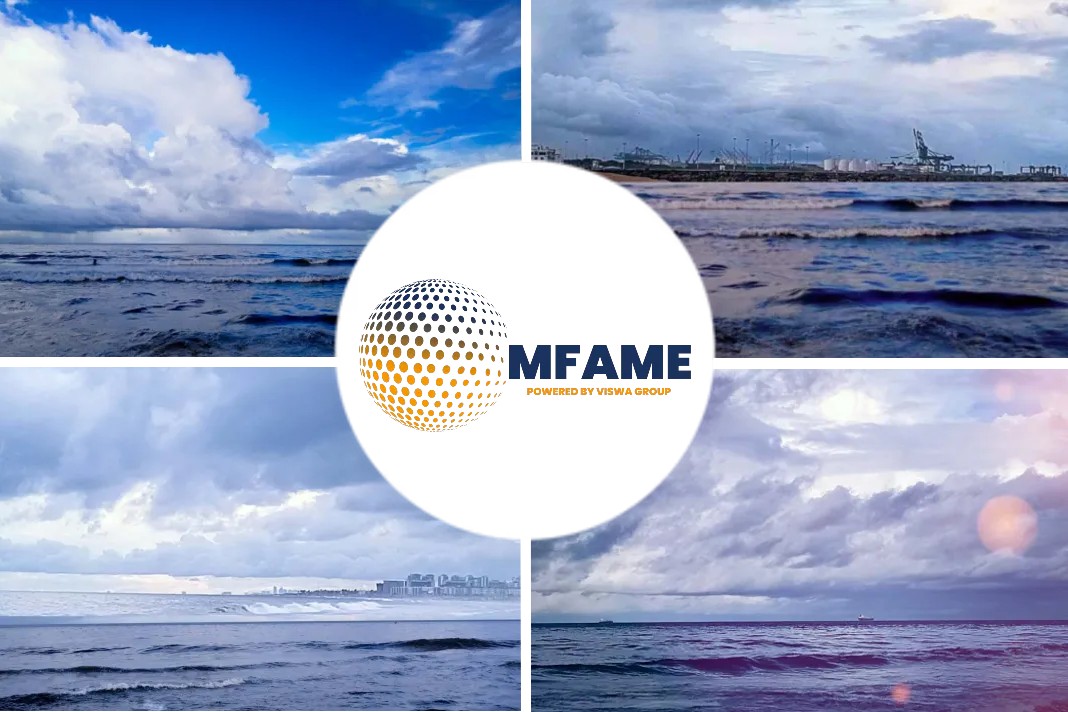
Developing countries are looking to seize the opportunities that decarbonizing shipping presents. “We need to prioritize decarbonization of hard-to-abate sectors like shipping,” said Mr. James Mnyupe, Presidential economic adviser, Namibia, speaking during a side event at the United Nations climate conference in Egypt. Namibia has started implementing a portfolio of actions that are needed to profile the country as a future exporter of fuel for ships produced through renewable energy.
At The Backdrop Of COP 27
The COP 27 side event (10 November), organized by IMO in collaboration with UNCTAD, IRENA and the World Bank, explored opportunities for developing States in renewable fuel production for the maritime industry. “Decarbonization of international shipping requires a rapid shift from today’s predominant use of fossil fuels to zero-carbon alternatives,” said IMO Secretary-General Kitack Lim. “But shipping is also a key enabler of the global energy transition as it serves global trade and sustainable development in a safe, clean, efficient and affordable way.”
Chile is another country poised to support the decarbonization of the maritime sector by using its abundant renewable energy to provide future fuels, said Mr. Diego Pardow, Minister of Energy, Chile.
Brazil has a long history of producing biofuels (ethanol), with big ambitions to do more, said Mr. José Firmo, CEO, Port of Açu, Brazil. “Our ambitions have to be as big as the challenges. When the world is changing for all of us, we cannot stay doing the same things we used to do.
The World Bank is actively involved in studies and projects to develop green energy projects, said Mr. Nicolas Peltier, Global Transport Director, World Bank. These include green ammonia and green methanol, including in Morocco, Colombia and Brazil; and hydrogen in Namibia. The aim is to harness shipping’s decarbonization as a booster to countries’ ambitions to become key suppliers of green fuels.
Decarbonize Shipping
Decarbonization of shipping will be the driver of new jobs in shipping and ship building and fuels, said Mr. Geoffrey Ross Pyatt, Assistant Secretary of State for Energy Resources, United States. The imperative to act means that the energy transition needs to be achieved in just a few decades, with the majority of investment in shipping’s decarbonization taking place in land-based infrastructure, said Ms. Lynn Loo, CEO, Global Centre for Maritime Decarbonisation (GCMD), Singapore.
Rear Admiral Reda Ahmed Ismail, Head of the Maritime Transport Sector, Egypt, said Egypt – as the host-country of COP 27 – was aiming to boost new and renewable energy sources and was targeting hydrogen production with a focus on trade between Africa, Asia and Europe.
All speakers emphasized the need for collaboration and cooperation to achieve shipping’s transition. Secretary-General Lim highlighted the wide range of projects and a knowledge partnership mechanism that bring together IMO’s maritime expertise and an unrivalled global network, with partners providing experience, investment and financial expertise, other resources and in-kind support.
Did you subscribe to our daily Newsletter?
It’s Free! Click here to Subscribe
Source: IMO
















